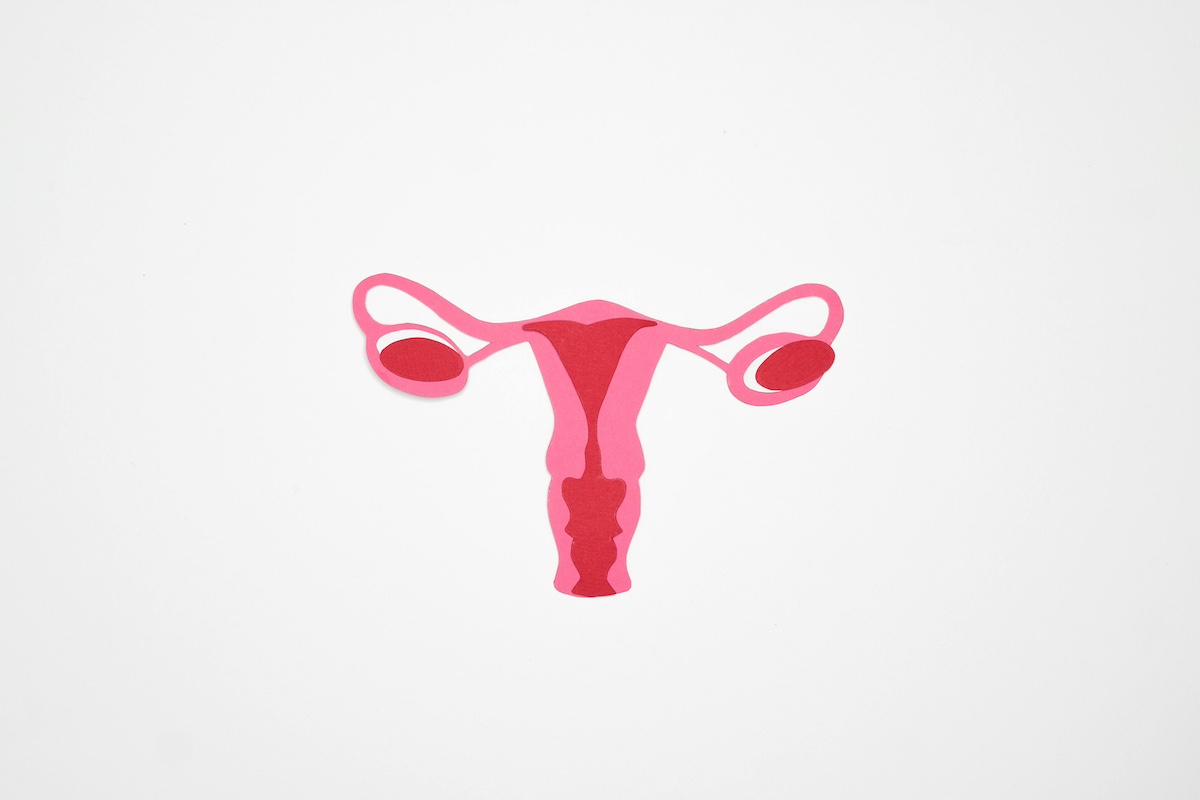What if instead of having periods that become farther apart, my periods are very close together or just run one into the other? Do you have some patients whose periods don’t ever seem to go away? This happened to my mother around age 42, and she was told it was menopause-related (she had an ablation done, I believe, to stop the bleeding), and it happened to me when I tried an IUD (much earlier — this was at 30. I got it taken out and then got pregnant despite being on the pill). Will it happen to me during perimenopause? What could help in this case?
—Ashley
When women enter the late-reproductive stage, periods can become heavier and more closely spaced. If your menstrual cycle is at the very short end of normal — 21 days from the first day of one period to the first day of the next — and your period is long, it can feel like you are constantly bleeding. But this would be considered normal.
If your menstrual cycle is less than 21 days, or bleeding lasts longer than seven days, or is so heavy that it is interfering with your quality of life, that is not normal and should not just be chalked up to perimenopause. If you have any one of these changes, your doctor should perform an examination and order a series of tests to try to understand the cause. Those tests might include blood work or imaging tests like a sonogram. They should also screen you for anemia and low iron levels.
Causes of too-frequent, long, and heavy periods can be related to biochemical changes or structural changes. Biochemical changes include having an underactive thyroid or a bleeding disorder. Typically, bleeding disorders would be diagnosed earlier in life, but thyroid issues can arise at any age. Structural changes include uterine fibroids, endometrial polyps, and overgrowth of the uterine lining.
Appropriate treatment depends on the cause of the bleeding. If the cause is an underactive thyroid, then taking thyroid hormone will typically resolve the problem. If the cause is structural, your gynecologist may recommend any number of interventions, including suppressing periods with birth control pills, thinning the uterine lining with a progestin-eluting IUD, one of a number of surgical procedures to correct or remove the problem, or, in select cases, removing the uterus completely.
Ultimately, a normal menstrual cycle can be as short as 21 days and bleeding can last up to seven days. If periods are more frequent than every 21 days or bleeding is lasting longer than seven days or is heavy enough that it is impacting your life, you should see your gynecologist to identify and address the cause.






















Log in
So my takeaway is not to accept “oh, it’s just perimenopause” as an answer. Actually look into it, please!
I don’t think this article answered the headline question.